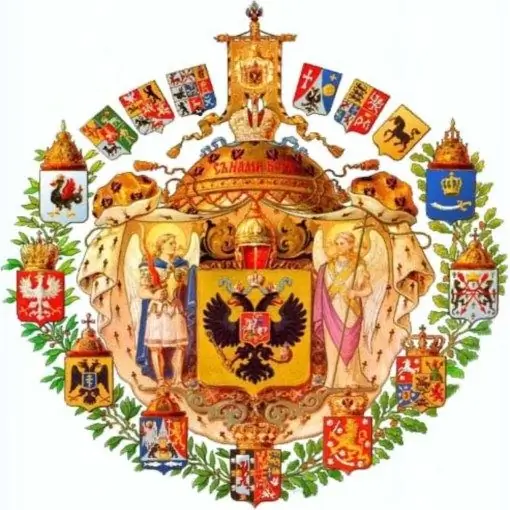- Author Antonio Harrison [email protected].
- Public 2023-12-16 07:44.
- Last modified 2025-01-22 21:44.
People have probably heard about the Roman Empire, the British Empire, the Ottoman Empire and a number of other powerful states that once owned vast territories with a mass of conquered peoples. These states arose, increased their strength, reached the zenith of power, and then died out and disintegrated in approximately the same pattern. How did this happen?

How empires arose
A number of factors are needed to build an empire. First, we need a “connecting center” that will unite people of different nationalities and religions. The role of such a center can be played by a strong leader who has the ability to convince and subordinate to his will, an idea, a religion, or any people - even if not numerous, but energetic. Secondly, at the initial stage of building an empire, people need to be willing to overcome difficulties, trials, and even risk their lives. Third, there should be a large group (class, estate) of people for whom the constant presence of a strong power capable of ensuring their interests is vitally important.
Let's consider this with a specific example. The mighty Roman Empire once began with a small piece of land on the banks of the Tiber River. There lived a tribe of Latins who founded the city of Rome. They first gradually subjugated the neighboring tribes, and then the entire territory of the Apennine Peninsula. The Latins (Romans) were helped not only by their belligerence, but also by their wise policies. They did not ruin the conquered peoples, did not oppress them. The power of Rome was quite soft and based on strict observance of the law. This is how the beginnings of the famous "Roman Law" appeared.
The Romans combined democratic traditions in government with the strictest military discipline. The order of the superior was the law for the subordinate. If the soldiers fled in battle, they could execute every tenth. Largely due to this, Rome defeated a powerful rival - Carthage, and annexed its lands to itself. And 2 centuries later, after new victories and territorial acquisitions, the Roman consul Octavian proclaimed himself Emperor Augustus. So the Roman Republic became an empire.
How empires collapse
For several centuries, no one could challenge the power of Rome. As a result, many Romans, accustomed to a carefree life, abandoned military service, pampered, began to indulge in a variety of vices. Roman governors shamelessly plundered the provinces they governed. Naturally, indignation was growing among the local residents. Approximate emperors intrigued, making them a toy in the hands of the warring parties. The empire grew weaker and weaker. And in the end, unable to withstand internal contradictions, she fell under the onslaught of external enemies. All other empires were destroyed in approximately the same way.






